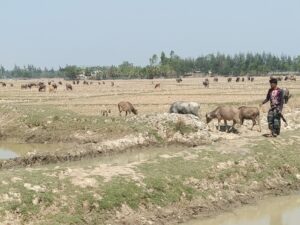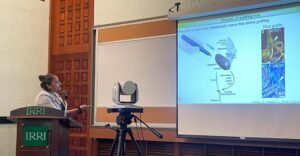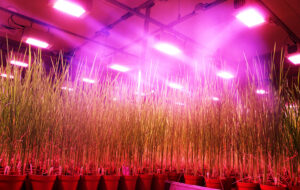
After more than 8 years as representative of the International Rice Research Institute (IRRI) in India, Dr. J.K. Ladha, an internationally acclaimed scientist and rice research leader, will now represent both India andNepal, with more responsibilities.
“Dr. Ladha is not only a leading soils and agronomy researcher in India who has been working for IRRI for more than 30 years, but also an outstanding leader who will help ensure that rice research in India and Nepal has the necessary impact and gets the support needed to help rice farmers and consumers in both countries,” said Dr. Robert S. Zeigler, director general of IRRI.
Dr. Ladha has been IRRI’s most senior researcher in India for more than 8 years, and his new role will elevate his responsibilities beyond research to also involve research management, fund-raising, and building partnerships.
With many years’ experience working in Asia, Dr. Ladha is recognized internationally as an authority on science and technology for food security and sustainable management of the world’s major cereal cropping systems.
“During his tenure at IRRI, Dr. Ladha has provided leadership in developing and carrying out IRRI’s research agenda on crop and resource management in South Asia,” said Dr. Zeigler. “In his new role, he will be able to extend this in new ways that will ensure that rice research helps more people.”
Dr. Ladha has authored or co-authored almost 200 scientific papers in international refereed journals and edited and co-edited 13 books on cereal systems research. He has also received numerous awards from academic, government, and industry organizations. He is a Fellow of the American Association for the Advancement of Science, American Society of Agronomy, Soil Science Society of America, and the National Academy of Agricultural Sciences of India.
Through his work at IRRI, several resource-conserving technologies – laser-leveling, minimum tillage, direct-seeded rice, and need-based management of nitrogen – have been developed, refined, and adopted on a large scale to help farmers.
Moreover, his leadership has been instrumental in bringing together innovators, investors, and implementers to develop and promote the rice-wheat system and region-specific technologies.










